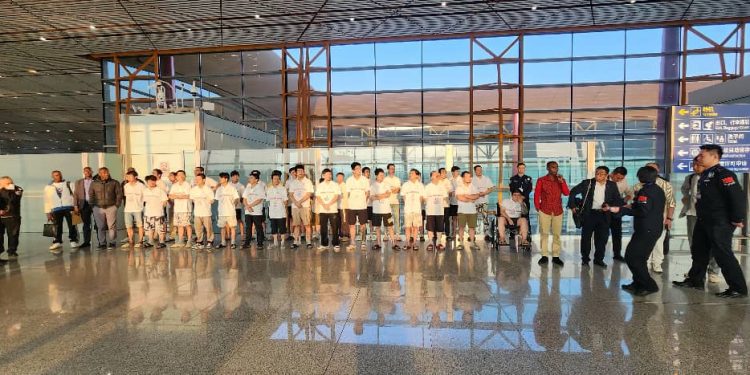The government’s decision to deport foreign nationals engaged in illegal mining commonly known as galamsey instead of prosecuting them in Ghanaian courts is drawing mixed reactions from the public.
While some view the move as a strategic measure to protect national interests, others argue it reflects a double standard in the administration of justice.
Investigations by Starr news confirm that deported individuals are not simply released but are handed over to law enforcement in their home countries for prosecution.
Sources within the Ministry of the Interior revealed that Ghana’s foreign missions, including the Embassy in China, closely monitor the legal proceedings of deportees and report back to the Ministry with updates.
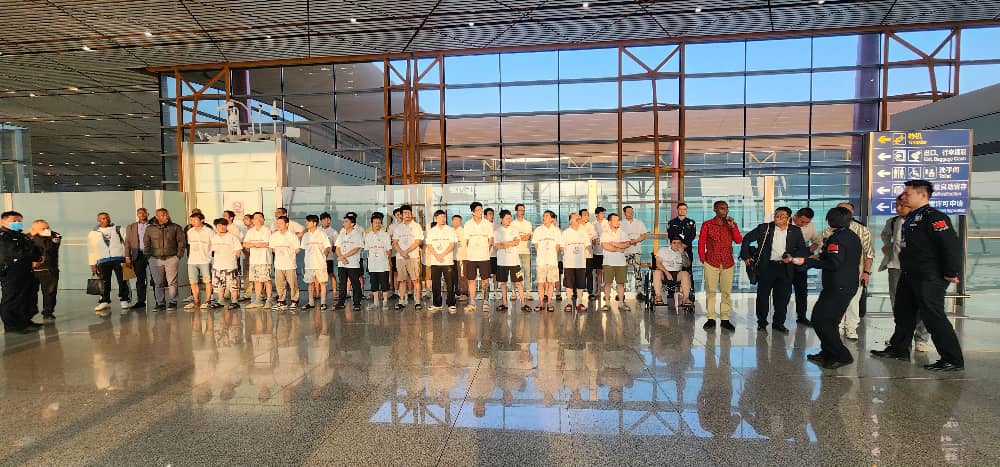
In one of the latest operations, 30 Chinese nationals arrested for illegal mining were repatriated through the Kotoka International Airport. The transfer, led by Superintendent Li Ran, Head of Airport Operations, was described by officials as “polite and professional.”
The Chinese government has reportedly endorsed Ghana’s actions, branding the involvement of its citizens in illegal mining as “disgraceful” and damaging to the longstanding diplomatic relations between the two countries.
“Foreigners arrested for illegal mining often exploit loopholes in the judicial system,” a Ministry source explained. “They develop connections within security agencies and target courts with lenient bail conditions. Once bailed, they vanish to other regions and continue their illegal operations, while their court cases drag on unresolved for years.”
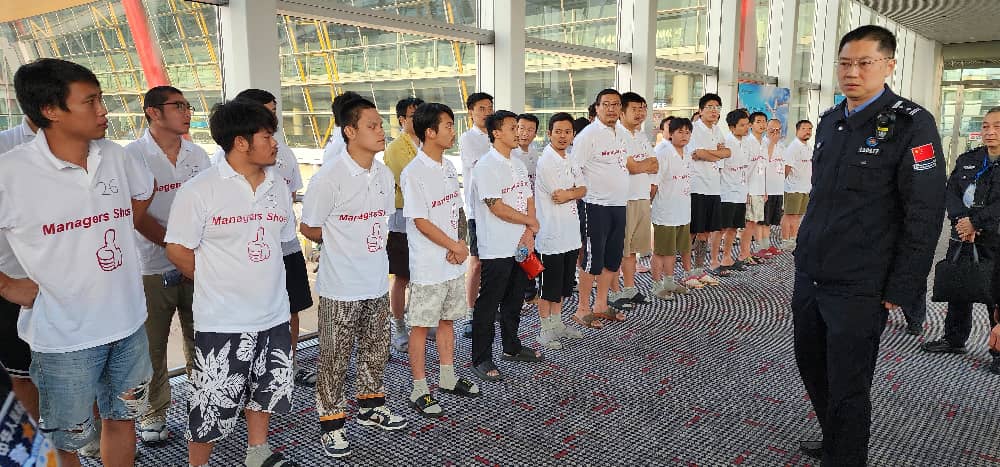
Since Muntaka Mohammed Mubarak assumed office as Minister for the Interior, over 100 foreign nationals, mostly Chinese, have been deported for offenses tied to illegal mining and other criminal activities.
Officials emphasize that the deportation strategy is not about giving preferential treatment to foreign nationals, but rather ensuring swift justice and preventing reoffending by individuals who exploit Ghana’s legal system.
“The goal is to cut short the manipulation of our courts and reduce the risk of recidivism,” an Interior Ministry official stated. “This isn’t about leniency—it’s about protecting our national security.”
Ghanaians found to be colluding with foreign illegal miners are being prosecuted locally, with the Ministry maintaining a strict no-exemption policy.
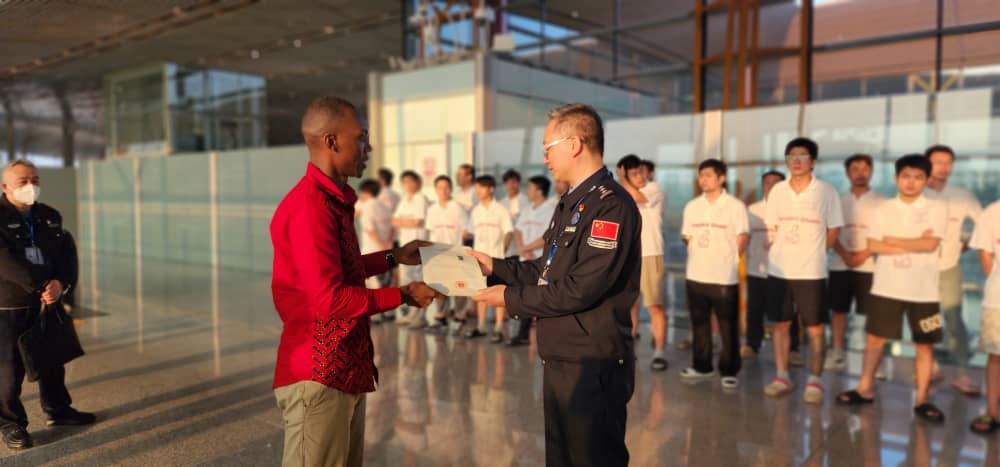
Addressing police officers during a recent tour of the Ashanti Region, the Interior Minister cautioned law enforcement and prosecutors against shielding foreign suspects through identity alterations to avoid deportation. He warned that anyone found complicit would face disciplinary action.
The Ministry is also collaborating with foreign embassies to streamline repatriation logistics. While the respective embassies cover deportees’ flight costs, the Government of Ghana covers the travel expenses of the Immigration Service officers who escort them.
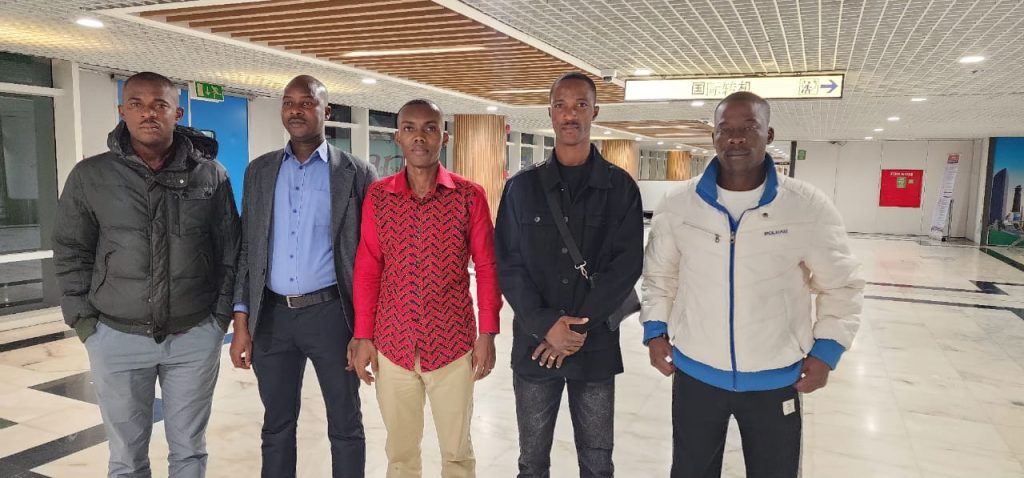
Officials believe this approach not only reinforces international cooperation in combating cross-border crimes but also boosts national security and judicial efficiency.
Photographs released by the Immigration Service show Chinese nationals being received by their country’s authorities upon arrival to face prosecution for illegal mining and related fraud charges.
Source: www.kumasimail.com








































